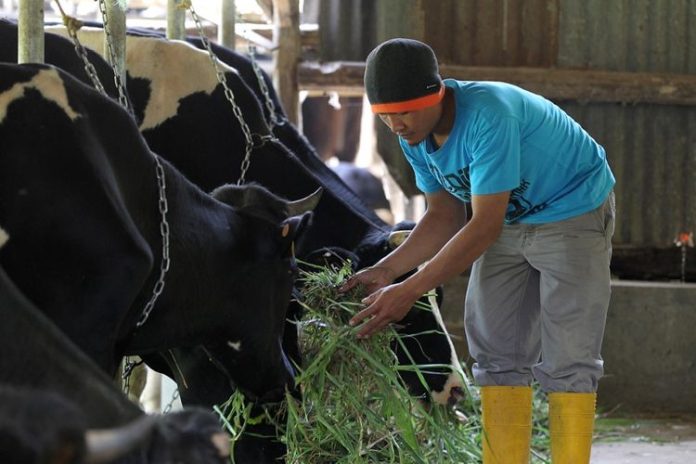Indonesia, an archipelago with rich natural resources, is a nation where agriculture and livestock farming play pivotal roles in the economy and daily life. This article explores the significance, challenges, and future prospects of these sectors in Indonesia.
Importance of Agriculture in Indonesia
Agriculture is the backbone of Indonesia’s economy, employing nearly half of the country’s workforce. The fertile volcanic soil, tropical climate, and abundant rainfall make Indonesia ideal for cultivating a variety of crops. Key agricultural products include rice, palm oil, coffee, tea, cocoa, and rubber. Rice, being the staple food, is the most significant crop, with Java and Sumatra being the primary rice-producing islands.
Livestock Farming in Indonesia
Livestock farming is equally essential, contributing significantly to the rural economy. Indonesia raises various livestock, including cattle, goats, sheep, and poultry. Beef and poultry are the most consumed meats, with chicken being a staple protein source. The government has been promoting livestock farming to meet the growing demand for meat and dairy products, aiming to achieve self-sufficiency.
Challenges Faced
Despite its importance, the agriculture and livestock sectors face several challenges. These include: https://Perinus.co.id
- Climate Change: Unpredictable weather patterns affect crop yields and livestock health.
- Infrastructure: Poor infrastructure in rural areas hampers efficient transportation and distribution of agricultural products.
- Technology: Limited access to modern farming technologies and techniques reduces productivity.
- Land Use: Urbanization and industrialization are leading to the reduction of arable land.
Future Prospects
To address these challenges, the Indonesian government has been implementing various initiatives:
- Sustainable Practices: Promoting sustainable farming techniques to enhance productivity and environmental conservation.
- Technological Integration: Encouraging the use of modern technology, such as precision farming and biotechnology.
- Infrastructure Development: Improving rural infrastructure to facilitate better market access.
- Education and Training: Providing training programs for farmers to adopt new farming practices and technologies.
Conclusion
Agriculture and livestock farming remain crucial to Indonesia’s economy and food security. By addressing current challenges and embracing sustainable and modern practices, Indonesia can ensure the growth and resilience of these vital sectors. The future of Indonesian agriculture and livestock farming looks promising with continued government support and innovation.








